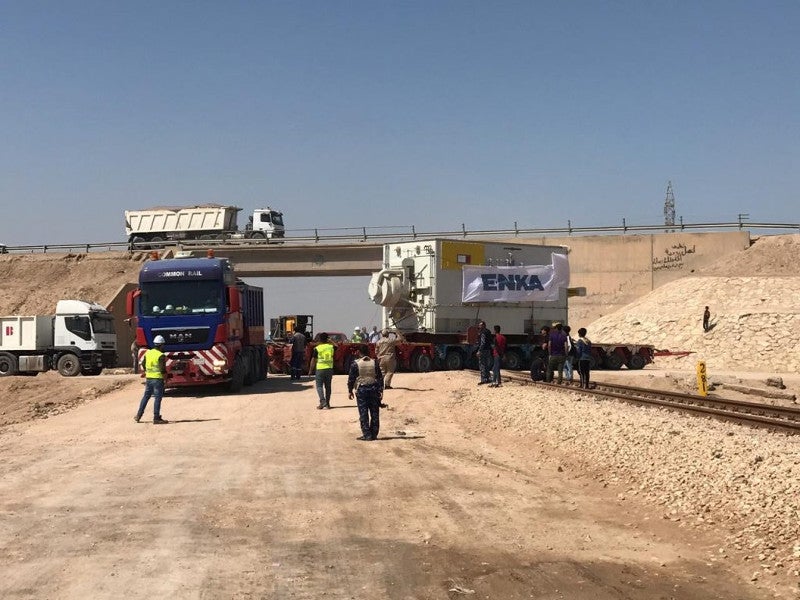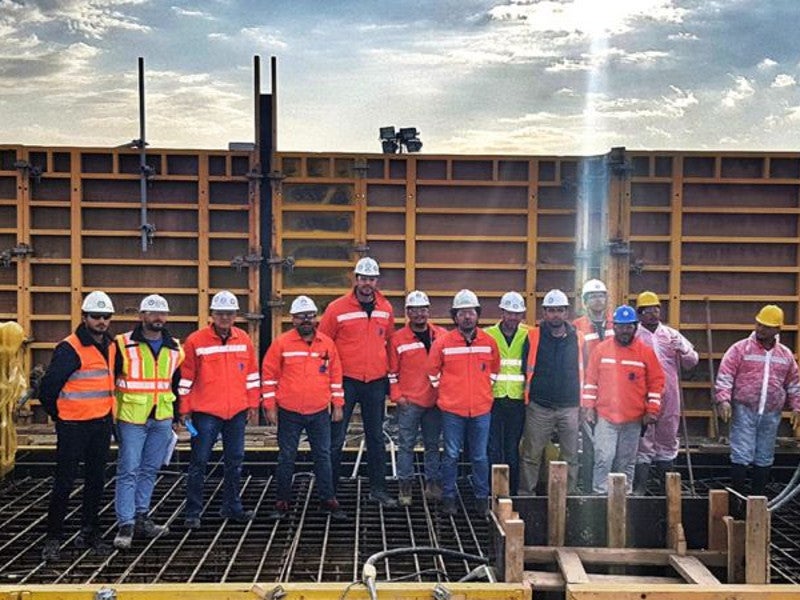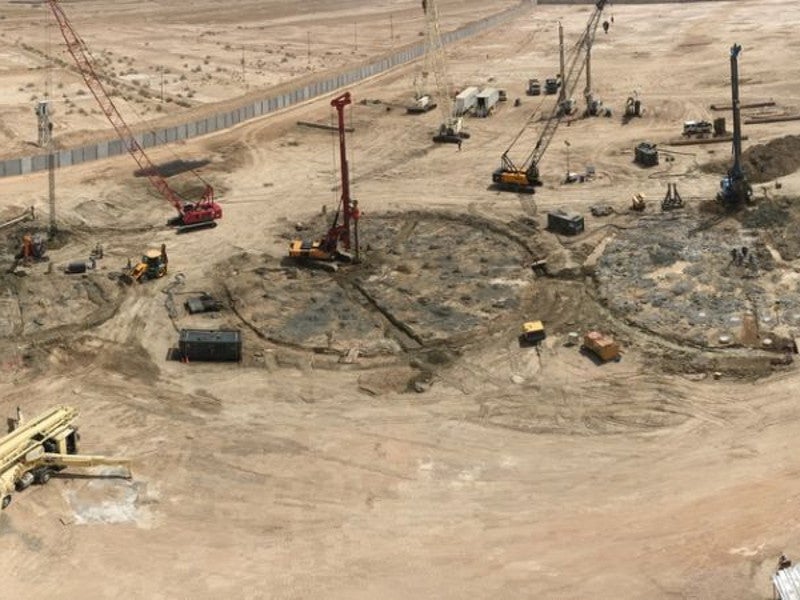Samawa combined-cycle power plant is a 750MW gas-fired power project being developed near Samawah City, in southern Iraq. The Ministry of Electricity of Iraq is the project developer and operator.
Site mobilisation activities for the project were started in August 2017 and the first structural concrete was poured in December 2018. The gas-fired project is expected to commence operations in 2020.
Designed to operate at a thermal efficiency rate of more than 50%, the combined-cycle power plant is expected to offset 32 million tonnes (Mt) of carbon dioxide (CO2) emissions, over an estimated operational life of 25 years.
Samawa combined-cycle power plant location and make-up
The Samawa combined-cycle power project is being developed on a 49.4ha site within the Al-Muthanna Governorate, located 293km from Basra, Iraq.
The plant will comprise a single-power block capable of producing 750MW. The power block will be equipped with four GE 9E series gas turbines, heat recovery steam generators (HRSG), and a 250MW steam turbine, in a 4x4x1 configuration.
Each gas turbine will be coupled to a heat recovery steam generator to convert the exhaust energy of the turbine into steam which, in turn, will be diverted to the steam turbine for additional power generation. The air-cooled condenser system (ACC) will be employed for cooling.
The Samawa combined-cycle plant will use natural gas as a primary fuel, while heavy fuel oil (HFO) and light distillate oil (LDO) will be used as back-up fuels. The fuel oil will be brought to the site in tankers and stored in two 8,100m³ tanks.
The power plant will receive water supply through two Q355mm pipelines with one of them originating from the Slaibat Canal, which diverts water from the Euphrates River.
Samawa combined-cycle power plant development
The Samawa combined-cycle power project is being developed in two phases. The first phase involves the construction of a simple cycle power plant with an installed capacity of 432.8MW. It will be installed with four GE 9E gas turbines, a 132kV air-insulated substation (AIS), and other common balance-of-plant works.
The second phase of development will involve the conversion of the plant from simple to combined-cycle operation and increase the plant capacity to 750MW. The conversion will include the installation of four heat recovery steam generators (HRSG), a 250MW steam turbine, an air-cooled condenser, a 400kV GIS substation, and a water steam cycle.
The first phase development is expected to be completed by December 2020, while the second phase is expected to be completed by February 2022.
Power transmission
The electricity generated by the project will be fed to the national grid through a 120km-long 400kV overhead transmission line connecting a substation located on the Al-Haydaria power plant site.
Natural gas supply for the Samawa project
Natural gas for the project will be supplied through a new 1.3km pipeline connecting the existing North Rumaila-Samawa gas pipeline. The new gas-link pipeline for the power plant will be installed by the Iraq Ministry of Oil (MoO).
Financing of Samawa combined-cycle power plant
In August 2017, the UK Export Finance (UKEF) agreed to provide $117m of financing for the early-stage construction works for the Samawa and Dhi Qar power projects located in southern Iraq.
It further agreed to provide an additional $620m for both the projects, along with $400m for the construction of 14 substations across Iraq, in January 2019.
Contractors involved
GE and ENKA UK Construction, a wholly owned subsidiary of Turkey-based construction company ENKA, was awarded the engineering, procurement, and construction (EPC) contract for the Samawa combined-cycle power plant in January 2017.
ENKA looks after the engineering, procurement of balance-of-plant, construction, commissioning, and start-up of the plant, while GE provides the power island equipment as well as the distributed control system and switchyard.
Kasktaş provides supervisory services on geotechnical works for the project. ENKA UK Construction engaged 2U1K International for preparing the environmental and social impact assessment (ESIA) study of the project.






